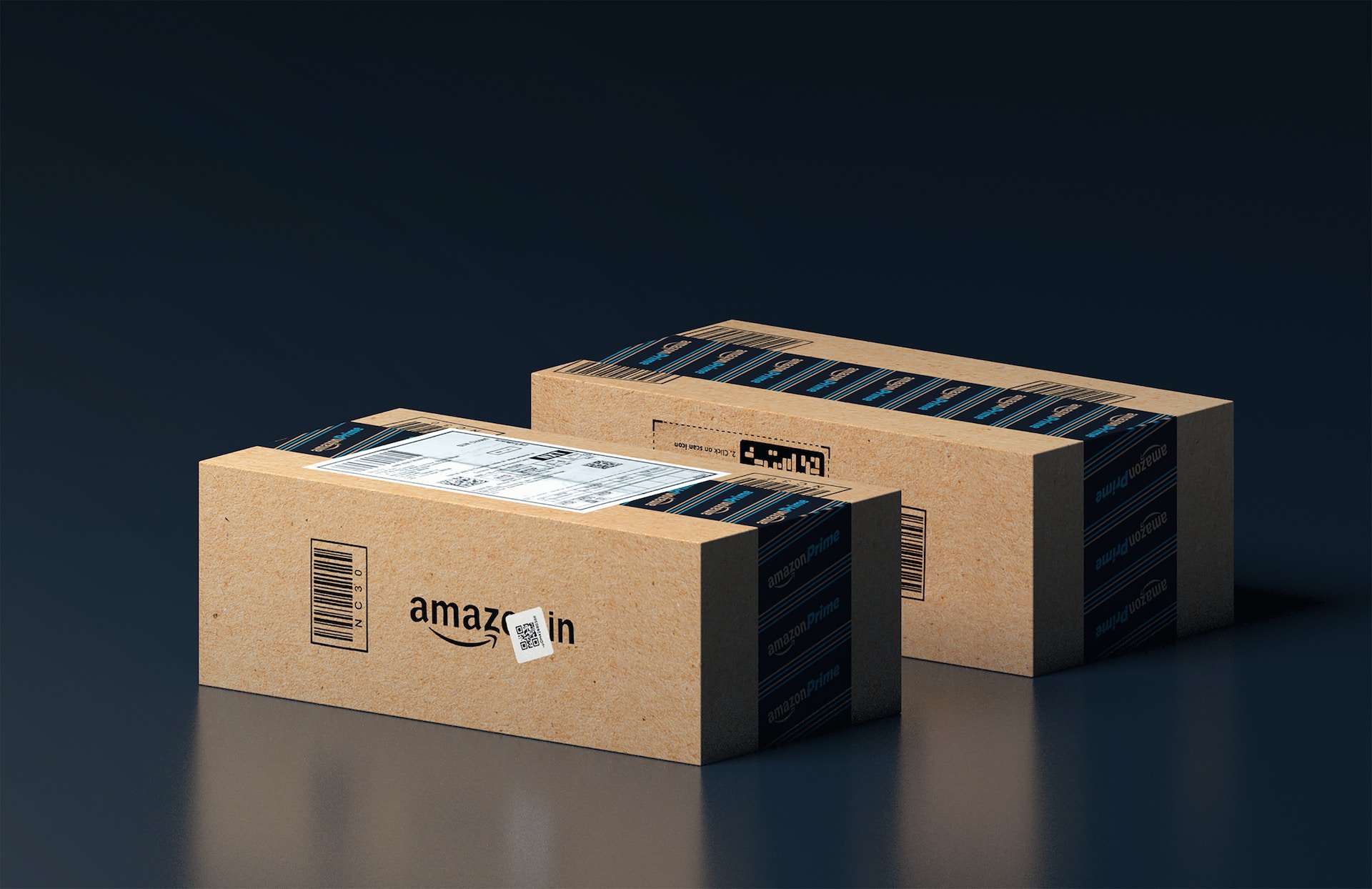Artificial Intelligence (AI) is reshaping the landscape of various industries, with retail being one of the most significantly impacted sectors. As retailers grapple with ever-evolving customer expectations and a rapidly changing market environment, AI emerges as a crucial ally. With its ability to analyze vast amounts of data and draw actionable insights, AI helps businesses optimize operations, enhance customer experiences, and drive profitability. This article explores the critical use cases of AI in retail, the benefits it offers, and practical examples to illustrate its transformative potential.
Understanding Artificial Intelligence in Retail
Artificial Intelligence in retail refers to the application of AI technologies to improve various retail functions, from inventory management to personalized marketing. The rise of digitally savvy consumers who demand personalized, instant, and effortless shopping experiences has made AI a strategic partner for retailers. By harnessing AI, retailers can understand customer preferences better, streamline operations, and deliver exceptional shopping experiences that foster loyalty and satisfaction.
The Importance of Personalization

In the current retail landscape, personalization is paramount. Consumers expect tailored shopping experiences that resonate with their unique preferences and needs. AI plays a vital role in achieving this personalization by analyzing customer data, such as browsing habits and purchase history. By leveraging AI, retailers can create customized recommendations and promotions, significantly enhancing customer engagement and satisfaction.
Six Key Use Cases of AI in Retail
-
AI Use Cases in Retail: Inventory Management
Effective inventory management is crucial for maintaining profitability in retail. AI systems can analyze customer purchase data and supply chain analytics to predict future buying trends accurately. By understanding what products are likely to be in demand, retailers can align their stock levels accordingly. This proactive approach helps minimize waste, optimize storage space, and improve customer satisfaction by ensuring that popular items are always available.
Example: A major clothing retailer implemented an AI-driven inventory management system that analyzed historical sales data and seasonal trends. As a result, the retailer reduced stockouts by 20%, increased sales by 15%, and improved overall customer satisfaction.
-
Demand Forecasting with AI Technology
Accurate demand forecasting is vital for retailers to stay competitive. AI systems can analyze a multitude of variables, including historical sales data, market conditions, and emerging trends, to generate precise demand predictions. This capability allows retailers to anticipate fluctuations in demand, limit overproduction, and minimize waste, contributing to more sustainable business practices.
Example: A leading grocery chain adopted AI-powered demand forecasting tools to predict customer preferences based on factors like weather and local events. This implementation resulted in a 30% reduction in excess inventory and improved product availability during peak seasons.
-
Route Planning for Retailers Using AI
Delivery logistics significantly impact a retailer’s bottom line. AI can optimize delivery routes by analyzing real-time data and employing complex algorithms to minimize transit times and fuel consumption. Effective route planning not only reduces costs but also enhances customer satisfaction by ensuring timely deliveries.
Example: A major e-commerce company utilized AI for route optimization, resulting in a 25% reduction in delivery times. By streamlining logistics, the company improved its overall operational efficiency and customer satisfaction ratings.
-
Optimizing Pricing Strategies with AI
The retail environment is characterized by rapid price changes influenced by market trends, competitor pricing, and consumer behavior. AI systems can analyze vast datasets to adapt pricing strategies quickly. Retailers can implement dynamic pricing models, allowing them to respond to market fluctuations in real time while maintaining profitability.
Example: An electronics retailer leveraged AI to analyze competitor prices and demand fluctuations. By dynamically adjusting prices, the retailer increased its profit margins by 10% while maintaining a competitive edge in the market.
-
Personalization Techniques Using AI in Retail
Providing a personalized shopping experience is essential for fostering customer loyalty. AI can analyze customer data, including browsing history and preferences, to tailor product recommendations and promotional offers. This approach enhances engagement and increases the likelihood of conversion.
Example: An online fashion retailer employed AI algorithms to personalize the shopping experience for each customer. By suggesting products based on individual preferences, the retailer saw a 20% increase in conversion rates and a significant boost in customer loyalty.
-
Assortment Planning in Retail with Artificial Intelligence
Traditional retail assortment strategies often struggle to keep pace with rapidly changing consumer behaviors. AI can analyze customer data to identify patterns and preferences, enabling retailers to create personalized and region-specific product assortments. This tailored approach ensures that retailers meet customer demands more effectively.
Example: A multinational fashion retailer utilized AI to analyze customer preferences in different regions. By offering targeted assortments based on local trends, the retailer increased sales by 15% and improved customer satisfaction across various markets.
Benefits of Artificial Intelligence in Retail

The integration of AI in retail offers a plethora of benefits, transforming the way retailers operate and engage with customers. Here are some key advantages:
-
Enhanced Customer Experience
By leveraging AI, retailers can create more personalized shopping experiences. Tailored recommendations and targeted promotions resonate with customers, leading to increased satisfaction and loyalty. Retailers can also provide instant customer support through AI-powered chatbots, enhancing the overall shopping journey.
-
Improved Operational Efficiency
AI streamlines various retail operations, from inventory management to logistics. By automating routine tasks and optimizing processes, retailers can reduce operational costs and improve overall efficiency. This allows businesses to allocate resources more effectively and focus on strategic initiatives.
-
Data-Driven Decision Making
AI empowers retailers to make informed decisions based on data analysis. With access to real-time insights, retailers can adapt their strategies to align with market trends and customer preferences. This data-driven approach minimizes risks and enhances overall business performance.
-
Increased Sales and Profitability
The combination of personalized marketing and optimized operations leads to increased sales and profitability. Retailers leveraging AI often experience higher conversion rates, reduced waste, and improved inventory turnover, contributing to enhanced financial performance.
-
Sustainability Efforts
AI can help retailers adopt more sustainable practices by minimizing waste and optimizing resource usage. Demand forecasting and inventory management powered by AI contribute to reduced overproduction and better resource allocation, aligning retail practices with environmental sustainability goals.
Examples of AI in Retail
Several retailers have successfully implemented AI technologies, showcasing the transformative potential of AI in the industry. Here are some notable examples:
-
Amazon
Amazon is a pioneer in leveraging AI to enhance customer experiences. The company’s recommendation engine uses machine learning algorithms to analyze customer behavior and suggest products, significantly boosting sales. Additionally, Amazon’s AI-driven logistics optimize delivery routes, ensuring timely shipments.
-
Walmart
Walmart utilizes AI for demand forecasting and inventory management. The retail giant employs machine learning algorithms to predict customer preferences based on various factors, enabling efficient stock management. Walmart’s AI systems have helped reduce excess inventory and improve product availability.
-
Sephora
Sephora integrates AI to personalize the shopping experience for its customers. The retailer uses AI-driven chatbots to provide tailored product recommendations and beauty advice. Additionally, Sephora’s virtual try-on feature allows customers to visualize products before making a purchase, enhancing engagement and satisfaction.
-
Zara
Zara employs AI for assortment planning and inventory management. By analyzing customer preferences and regional trends, Zara tailors its product offerings to meet local demands. This approach has led to increased sales and customer loyalty.
-
Target
Target leverages AI for price optimization and demand forecasting. The retailer uses machine learning algorithms to analyze market trends and adjust pricing strategies accordingly. This data-driven approach has contributed to improved profitability and customer satisfaction.
Conclusion
Artificial Intelligence is revolutionizing the retail industry, offering numerous use cases that enhance operational efficiency, improve customer experiences, and drive profitability. From inventory management to personalized marketing, AI empowers retailers to adapt to changing market dynamics and meet evolving consumer expectations. As businesses continue to embrace AI technologies, those that effectively integrate AI into their strategies will be better positioned to thrive in a competitive landscape.
By investing in AI and its capabilities, retailers can harness the power of data-driven insights and automation, paving the way for a more sustainable and customer-centric future. The journey toward AI-driven retail may require strategic planning and investment, but the benefits are undeniable, making it a worthwhile endeavor for retailers looking to stay ahead in a rapidly changing market.










